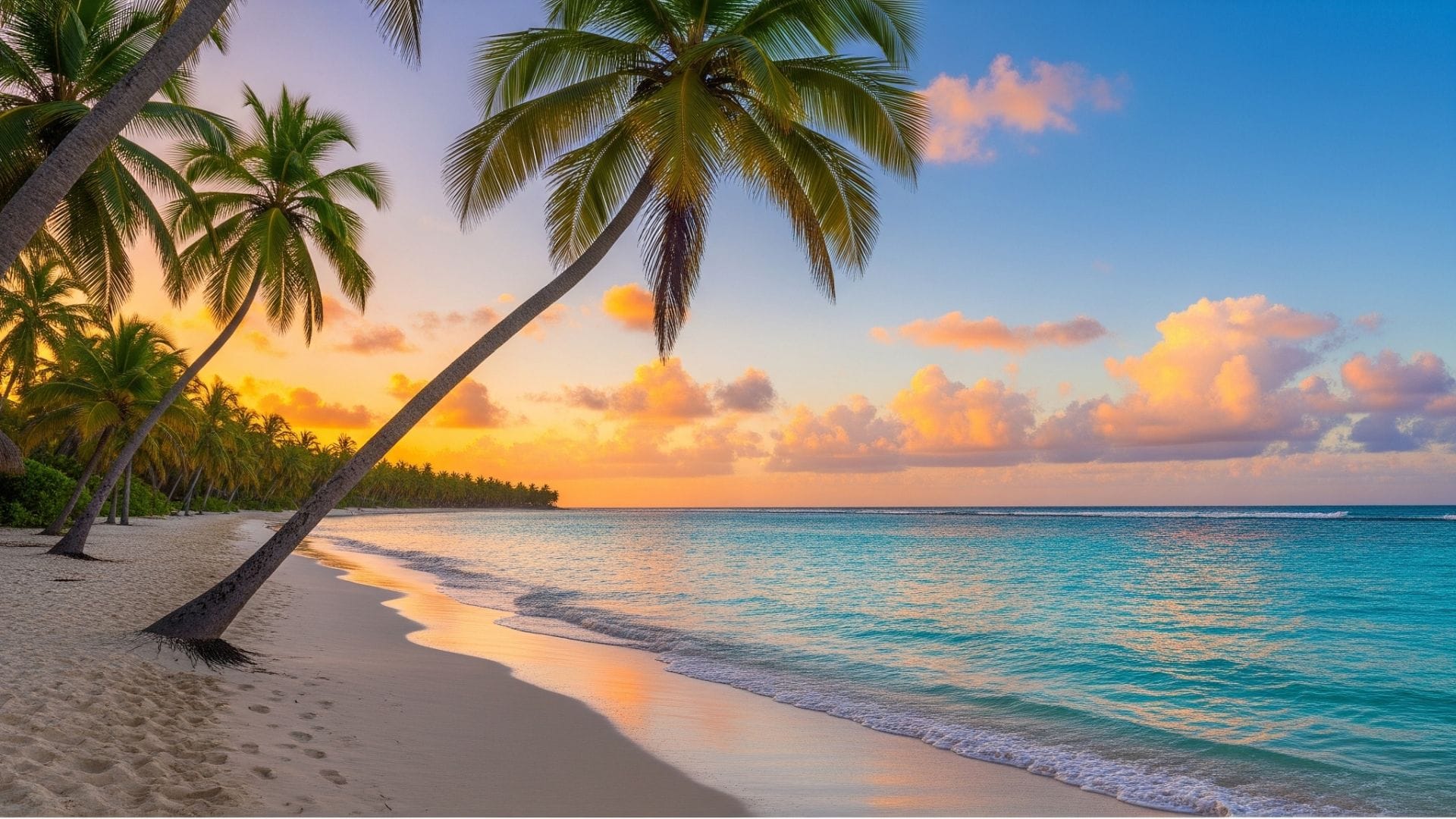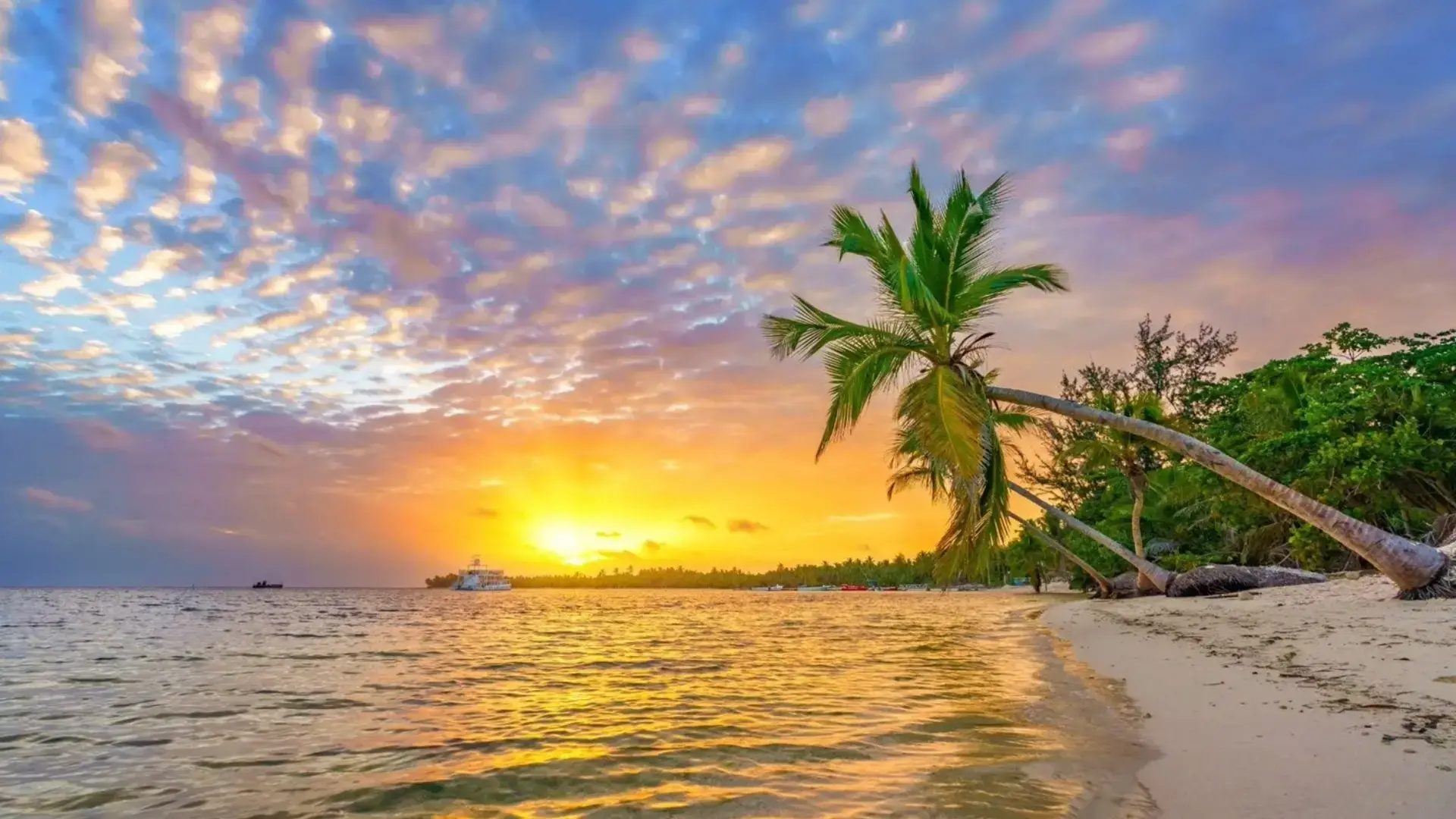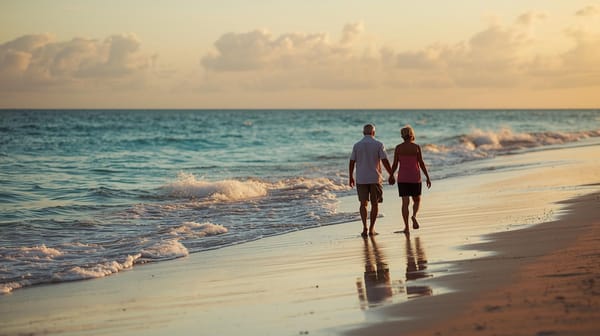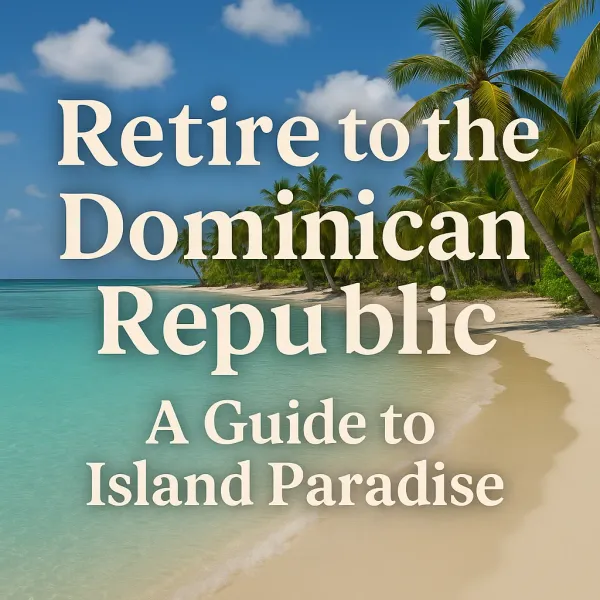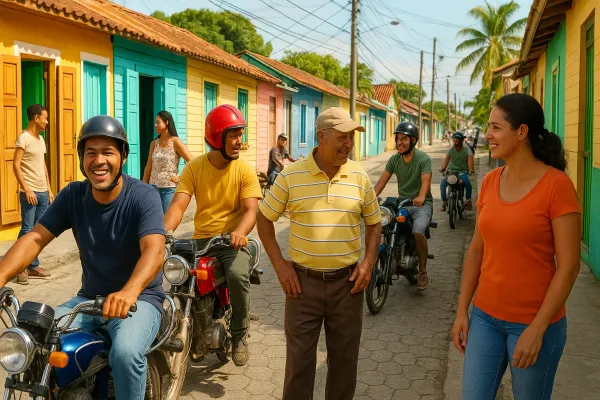Cost of Living in Punta Cana: How Much Do You Really Need to Retire Comfortably?
Dreaming of a Caribbean retirement? Discover the real cost of living in Punta Cana. Our guide breaks down the monthly budget for a comfortable, sun-soaked life, from rent to groceries and healthcare. Plan your affordable paradise lifestyle today.
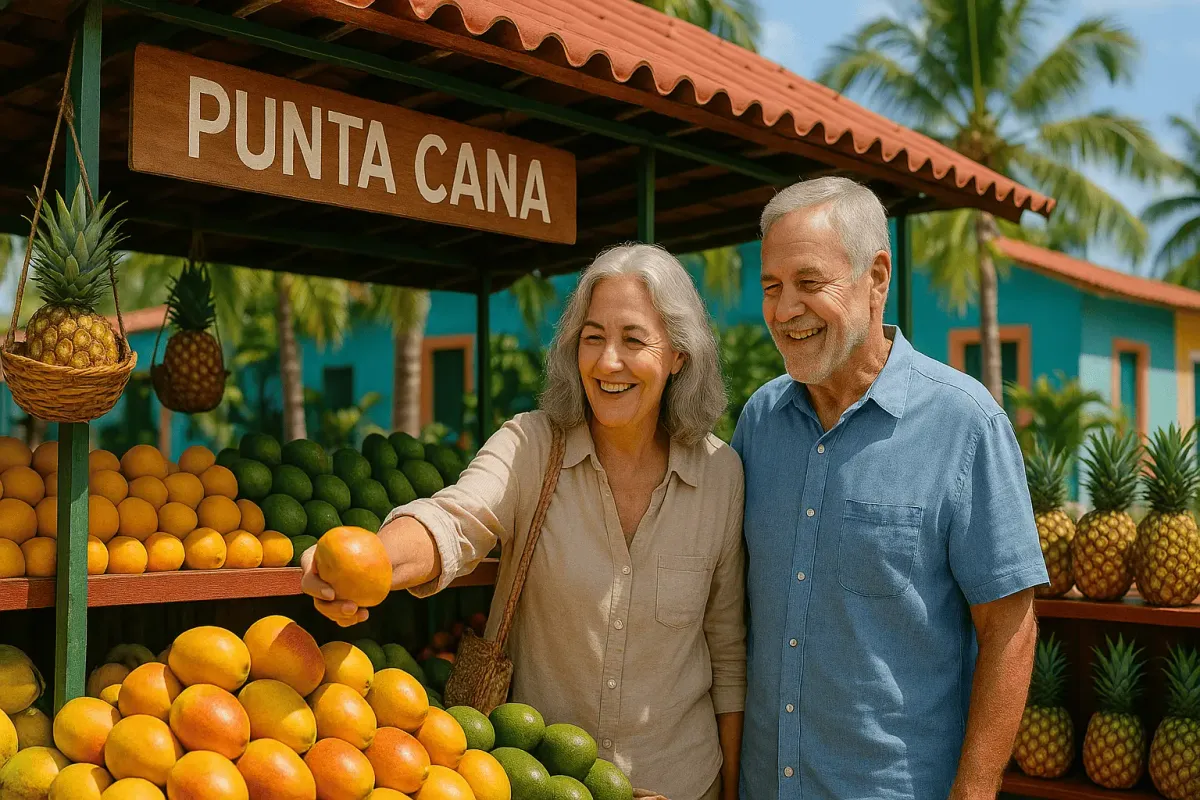
Sun-drenched beaches, world-class golf courses, and a vibrant, welcoming community—Punta Cana has long been a dream destination for vacationers. But what does it actually cost to trade those holiday visits for a permanent address in paradise? For retirees looking to make their budget stretch without sacrificing lifestyle, understanding the real cost of living is the first step.
The good news is that a comfortable retirement in Punta Cana is more attainable than you might think. While it's one of the more developed and amenity-rich areas in the Dominican Republic, the cost of living remains significantly lower than in North America or Europe. A retired couple can live a comfortable life for approximately $1,800 to $2,500 per month, depending on their lifestyle choices.
Let's break down the key expenses to help you plan your own retirement budget.
Housing: Finding Your Slice of Paradise
Housing will be your biggest monthly expense, but you have a wide range of options to fit your budget.
- Renting: A modern two-bedroom apartment in a secure, expat-friendly neighborhood like Bávaro or Punta Cana Village typically rents for $800 to $1,200 per month. These often come in gated communities with amenities like pools and 24/7 security, offering peace of mind.
- Buying: If you're looking to purchase, the Dominican Republic offers some of the best real estate value in the Caribbean. A 2-bedroom condo in a desirable area can average between$150,000 and $250,000. For those wanting more space, a 3-bedroom villa in a residential community might be in the mid-$400,000 range. Popular areas for retirees include the walkable beachside neighborhoods of El Cortecito/Los Corales, the well-kept Punta Cana Village, and golf-centric communities like Cocotal.

Groceries and Dining: From Local Markets to Beachfront Meals
Your food budget can vary greatly depending on your shopping and dining habits. A couple can expect to spend between $400 and $600 per month on groceries.
- Local Savings: You can keep costs low by embracing local produce. Visiting the Saturday morning farmers' market in Puntacana Village is a great way to buy fresh fruits, vegetables, and artisanal goods while socializing with other expats.
- Imported Goods: Be aware that imported goods, from specific food brands to electronics, come with high import taxes and can be pricey. If you have a taste for familiar brands from home, your grocery bill will be on the higher end.
- Dining Out: A three-course meal for two at a nice, mid-range restaurant costs around $50. You can find cheaper local eateries (comedores) for a taste of authentic Dominican cuisine, while dining at high-end resort restaurants will naturally cost more.
Utilities: Keeping Cool in the Caribbean
Monthly utilities, including electricity, water, and gas, are generally affordable. A typical budget is around$150 per month.
The main factor that can increase this cost is air conditioning. The year-round tropical climate means you'll likely use your A/C, especially during the hotter summer months. High-speed internet is reliable and costs about $50-$60 per month.
Healthcare: Quality Care without the High Price Tag
Access to quality, affordable healthcare is a major advantage of retiring in the Dominican Republic. Punta Cana has several modern, private hospitals and clinics that cater to international patients, with many English-speaking doctors.
- Insurance: Most expats opt for a private health insurance plan. Local plans are very affordable, sometimes as low as$50 per person per month. More comprehensive international plans that include medical evacuation might range from $150 to $200 per month. This is a fraction of the cost you would pay in the U.S.
- Facilities: Hospitals like Hospital IMG and Hospiten Bávaro are well-regarded and equipped to handle everything from routine check-ups to emergencies.
Transportation: Getting Around Town
While you can manage without a vehicle, many expats in Punta Cana find that owning a car offers the most convenience. Public transport consists mainly of local buses ("guaguas") and inexpensive taxis.
If you own a car, budget around $50 to $100 per month for fuel and basic maintenance. Gas is sold by the liter and is priced similarly to the U.S.. Keep in mind that importing a vehicle is expensive, so many expats choose to buy one locally.
The Bottom Line
Retiring in Punta Cana offers an incredible lifestyle that balances Caribbean beauty with modern comforts. With a monthly budget of
$1,800 to $2,500, a retired couple can enjoy a life filled with sunshine, community, and relaxation, all without breaking the bank. By shopping locally, being mindful of A/C use, and choosing housing that fits your needs, you can make your dream of a tropical retirement a very affordable reality.
